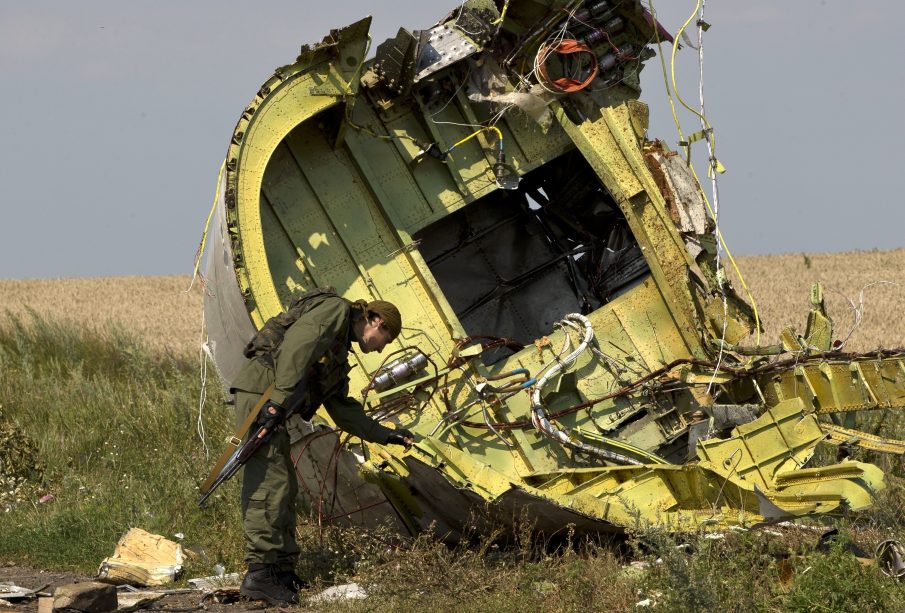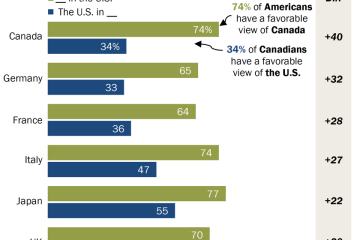The Tragic MH17 Incident: Investigations and Global Impact

Introduction
The downing of Malaysia Airlines Flight MH17 on July 17, 2014, remains one of the most significant aviation tragedies in history. The event, which resulted in the deaths of all 298 passengers and crew members, has lasting implications on international relations, aviation safety standards, and conflict resolution. As investigations continue to unveil details surrounding the incident, the significance of MH17 transcends borders and underscores the repercussions of geopolitical conflicts.
Details of the Incident
Flight MH17 was en route from Amsterdam to Kuala Lumpur when it was struck by a missile over eastern Ukraine, an area embroiled in conflict between Ukrainian forces and Russian-backed separatists. The horrific event prompted an immediate international outcry and triggered multiple investigations, including one led by the Dutch Safety Board and supported by other nations.
Ongoing Investigations and Legal Proceedings
Following extensive investigations, the Joint Investigation Team (JIT), comprised of officials from the Netherlands, Australia, Belgium, Malaysia, and Ukraine, concluded that the aircraft was shot down by a Russian-made Buk missile launched from a region controlled by separatists. In March 2020, the JIT sought to hold individuals accountable, with several Russian nationals and one Ukrainian accused of murder and other crimes. As of 2023, these proceedings continue, reigniting discussions on accountability and justice.
The Impact on Global Aviation and Policy
The MH17 tragedy has not only highlighted the vulnerabilities of aircraft flying over conflict zones but also led to an urgent reevaluation of aviation safety protocols. Following this incident, the International Civil Aviation Organization (ICAO) initiated discussions on implementing better risk assessment strategies for flights over hazardous areas. Countries around the world have since required airlines to conduct thorough evaluations before entering known conflict zones.
Conclusion
The MH17 tragedy serves as a grim reminder of the consequences of war on innocent lives. As investigations progress and legal accountability unfolds, the ongoing discourse surrounding MH17 influences international aviation policies and reflects the need for a unified approach to ensuring airline safety in volatile regions. As we remember the 298 souls lost, it is imperative for global stakeholders to prioritize diplomatic solutions to conflicts, reducing the risk of such tragedies in the future.









